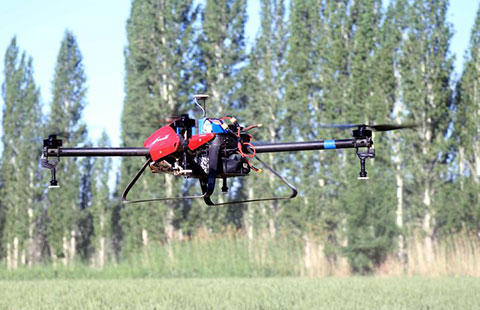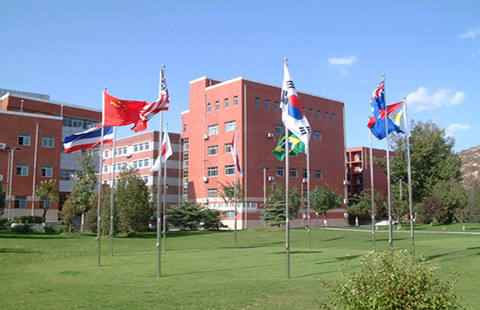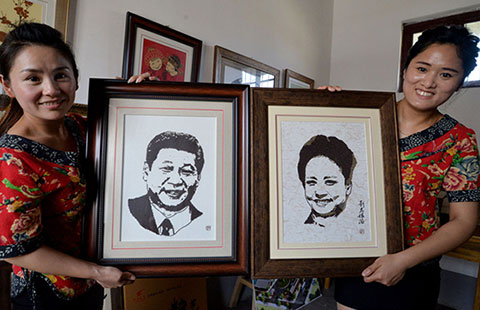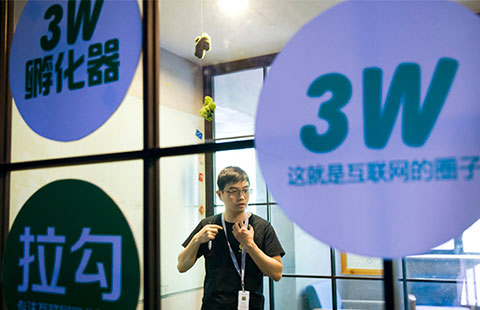Food labeling is sensible, but within limits
By Wu Yunhe (China Daily) Updated: 2015-06-12 10:01I dream of the day when the government unifies all of these labels into one or two, so shoppers can be confident that what they buy is safe, without having to scrutinize everything before dropping it into their basket.
Consumers have been rightly shocked by the food safety scandals that have been uncovered in recent years: the injection of clenbuterol into pork; recycled cooking oil; pork produced from sick pigs; medicines made with toxic gelatin; rat and fox meat being passed as fit for human consumption; and maybe the most high-profile, the scandal involving a major supplier, delivering meat past its sell-by date to fast-food companies including McDonald's.
They have all been shocking. And like many, I have been slow to forget them.
The use of food additives has become rampant nationwide. According to Xinhua News Agency, Chinese families eat at least 76 food additives a day on average.
Given all the above, food labeling is a sensible thing, but equally you could become paranoid reading every label you see. And in all honesty, many would admit honestly that most of the chemical names in the ingredients actually mean nothing to them.
Policymakers passed what are claimed to be the "toughest food-safety laws" in China's history on April 24, and they will be implemented from Oct 1.
But as long as these cases of companies seeking growth and profits above all else continue, efforts must continue to ensure that the Chinese food chain is as safe, and honest, as possible.
Ongoing improvement in standards, and efficient supervision are essential to make our food safe, but food companies also need to be given more guidance on the sensible use of additives, pesticide and other chemicals.
Changing the long-held habits of some food companies and producers in China will take time.
But in the end, it might well come down to a mix of continued administrative effort, higher levels of business integrity, and ongoing (but sensible) efforts at better consumer awareness.
- China currency swap deals surpass 3t yuan
- Knowles expects sound future in China
- The long and winding road to success
- UnionPay seeks bigger global role
- China emissions could peak 5 years earlier than expected
- Lenders tap online sources of growth
- Murdoch's sons to become CEO, co-chair at 21st Century Fox
- Drones fly over wheat field to spray insecticide

















